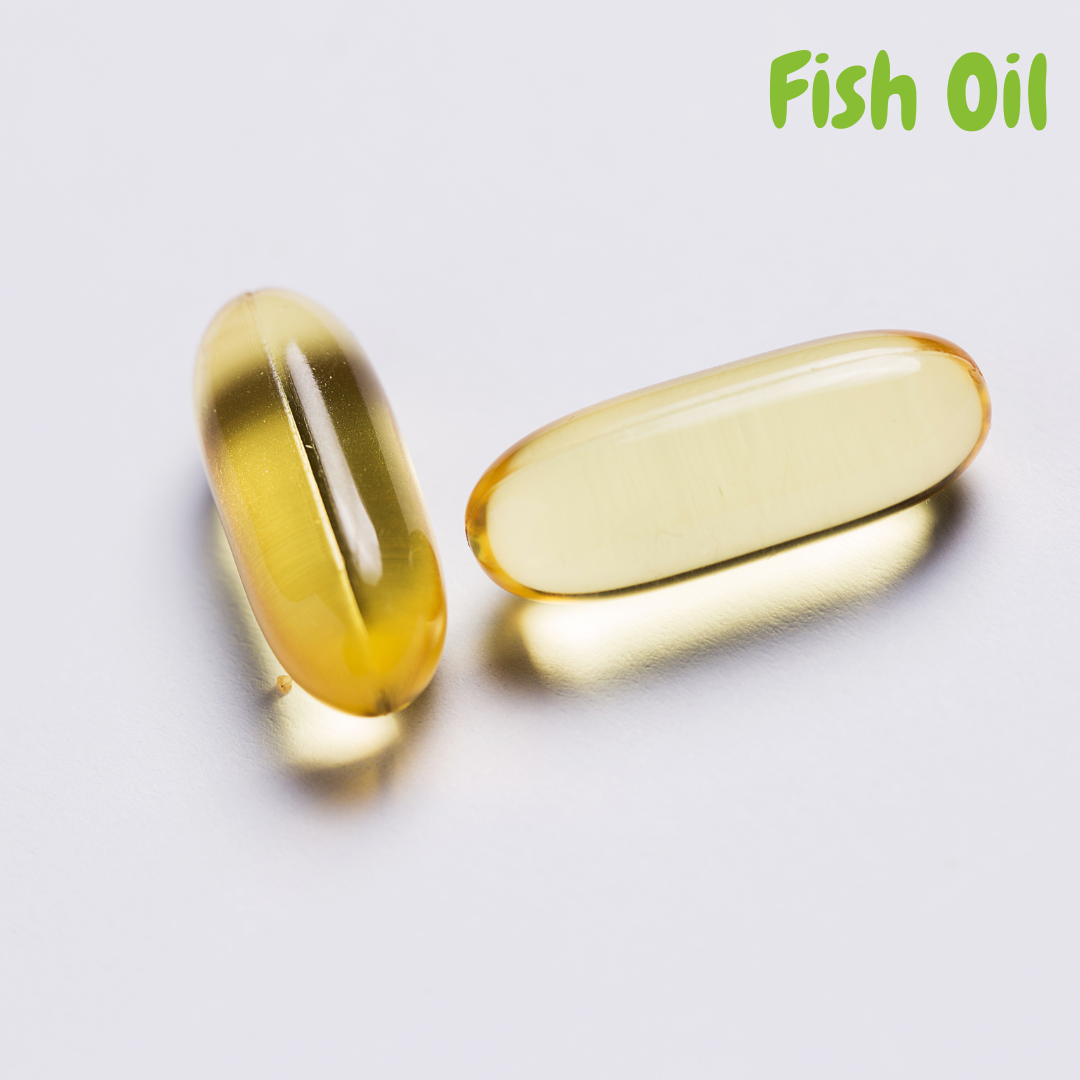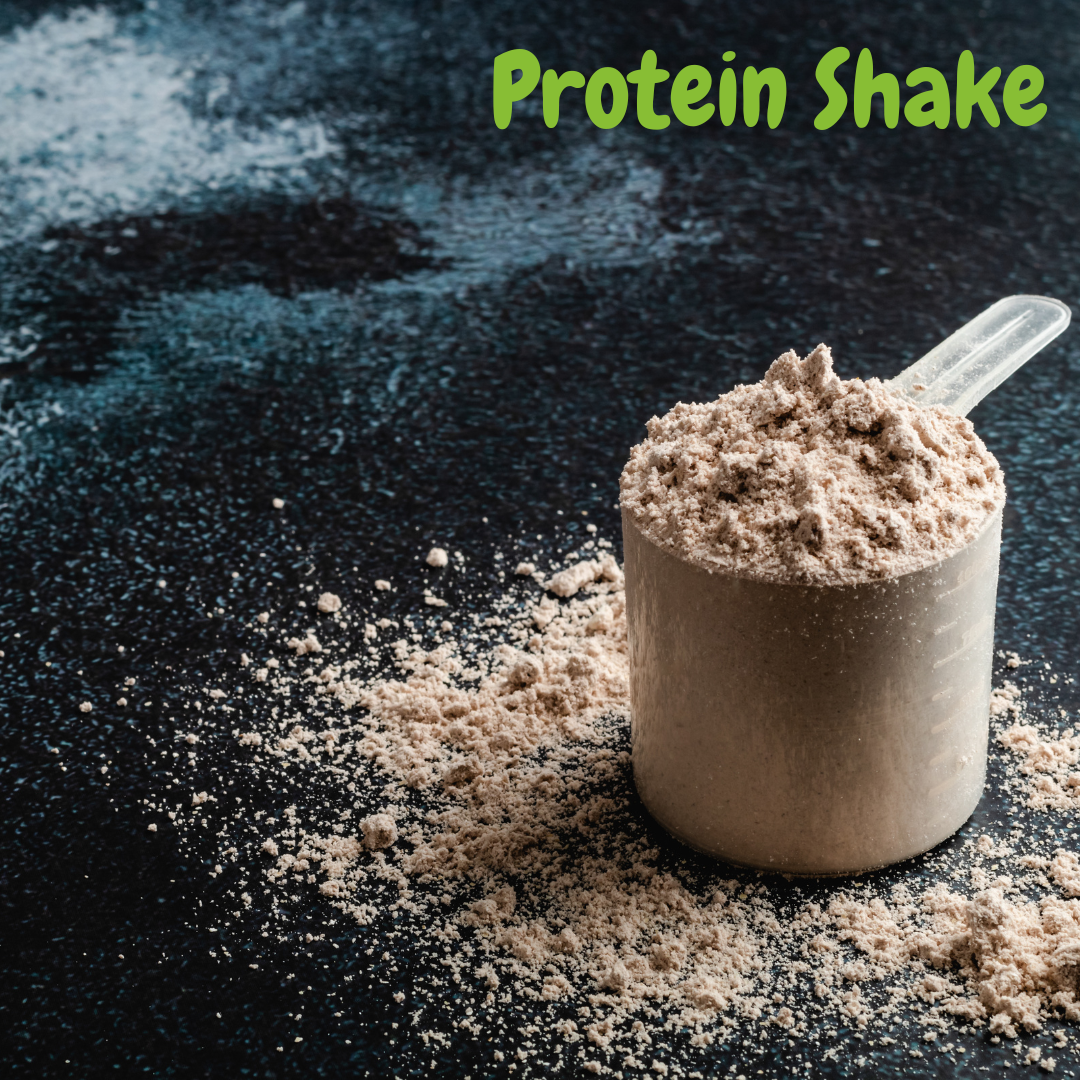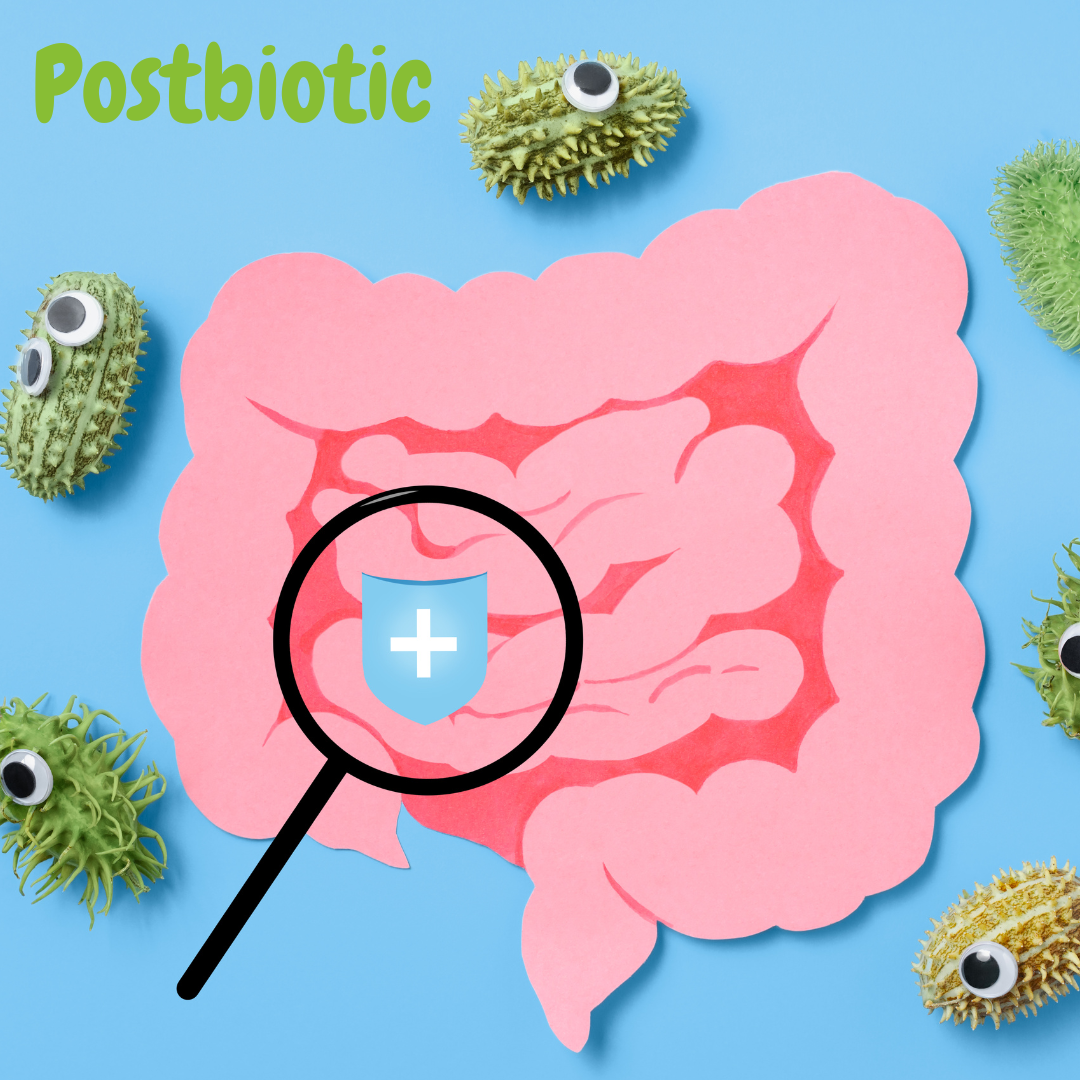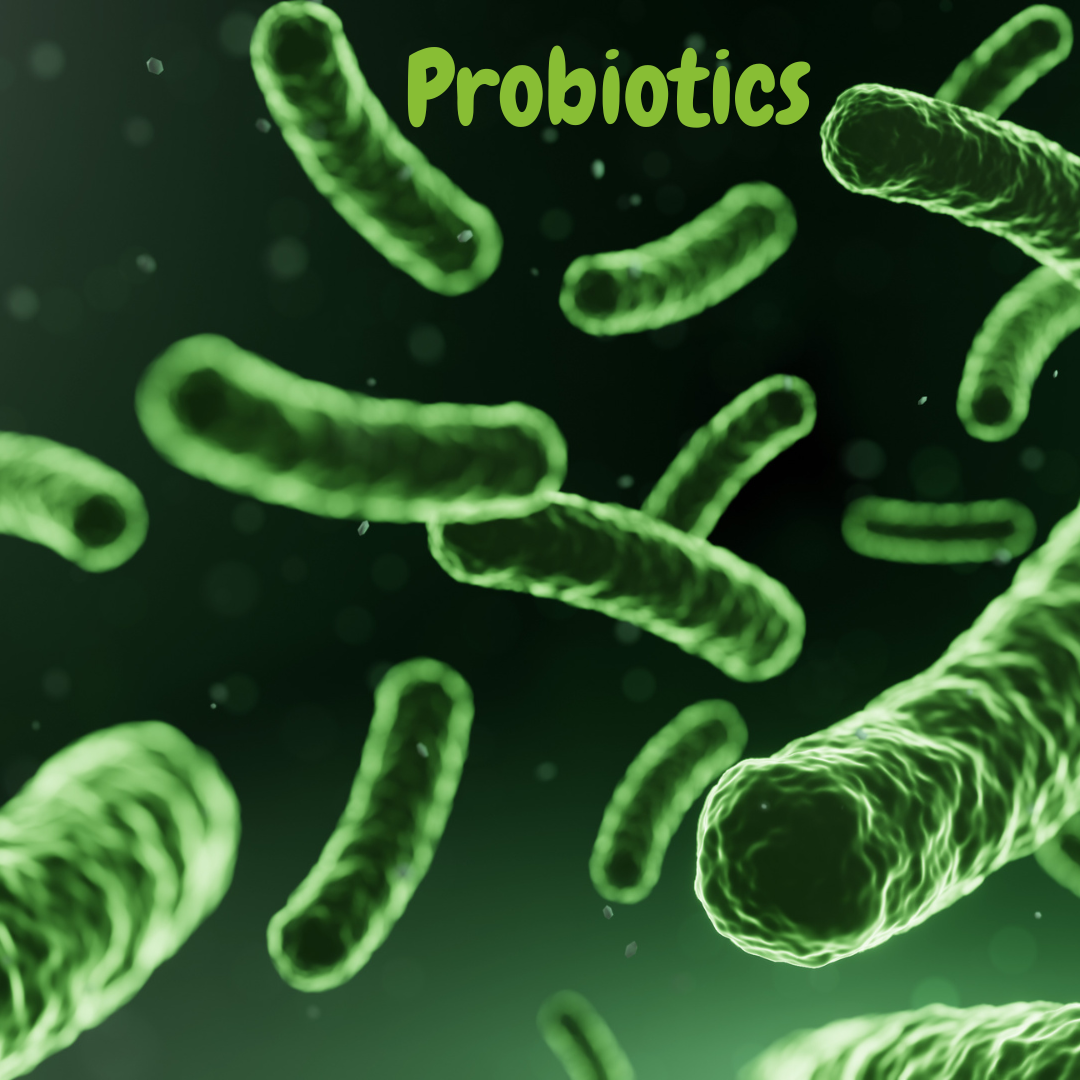Prebiotics are a type of dietary fiber that serve as nourishment for the beneficial bacteria in your gut. They offer several health benefits:
Digestive Health: Prebiotics help balance the gut microbiota, which is crucial for maintaining a healthy digestive system. They can alleviate constipation and may also aid in managing symptoms of irritable bowel syndrome (IBS) (livescience.com).
Enhanced Mineral Absorption: Consuming prebiotics may improve your body’s absorption of essential minerals like calcium, which is important for bone health (livescience.com).
Weight Management: Some studies suggest that prebiotics can help with weight management by making you feel fuller, thus potentially reducing food intake (livescience.com).
Blood Sugar Regulation: Prebiotics have been associated with improved blood sugar control, which can be particularly beneficial for individuals with diabetes (livescience.com).
Immune Function: A healthy gut microbiome, supported by prebiotics, plays a role in strengthening the immune system. This can help the body resist infections and may reduce inflammation (livescience.com).
Chronic Disease Prevention: The dietary fibers in prebiotics are linked to a reduced risk of several chronic diseases, including heart disease and certain types of cancer (livescience.com).
Mood Regulation: There is emerging research into the gut-brain axis, which suggests that a healthy gut can influence mood and cognitive health, potentially reducing the risk of depression and anxiety (livescience.com).
Prebiotics are found in many foods, including asparagus, garlic, onions, chicory root, and Jerusalem artichokes. Integrating these foods into your diet can help you harness the benefits of prebiotics naturally. However, if you have conditions like IBS, you might need to approach prebiotics cautiously, as they can cause bloating and gas in some people (Cleveland Clinic).
Overall, prebiotics are a safe and beneficial addition to the diet for most people, particularly when consumed as part of a varied and balanced diet rich in fruits, vegetables, and whole grains (EverydayHealth.com).












